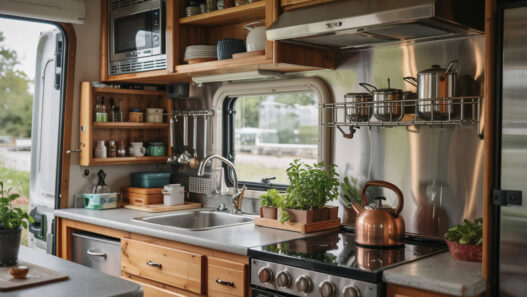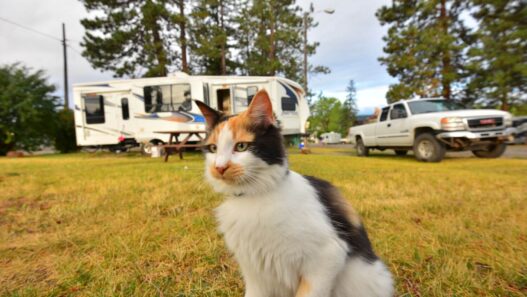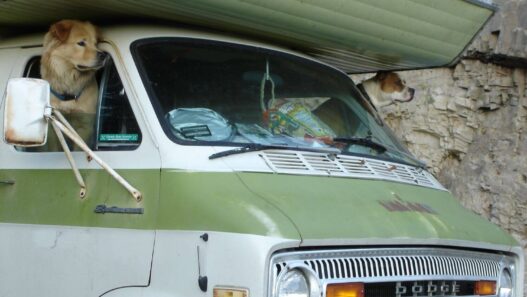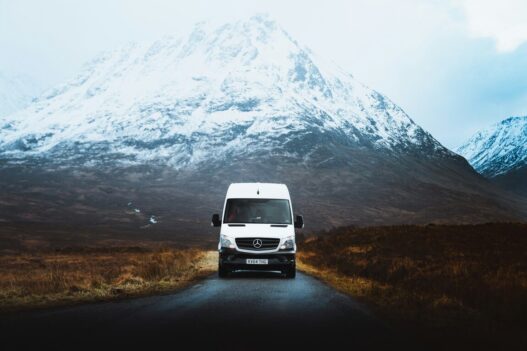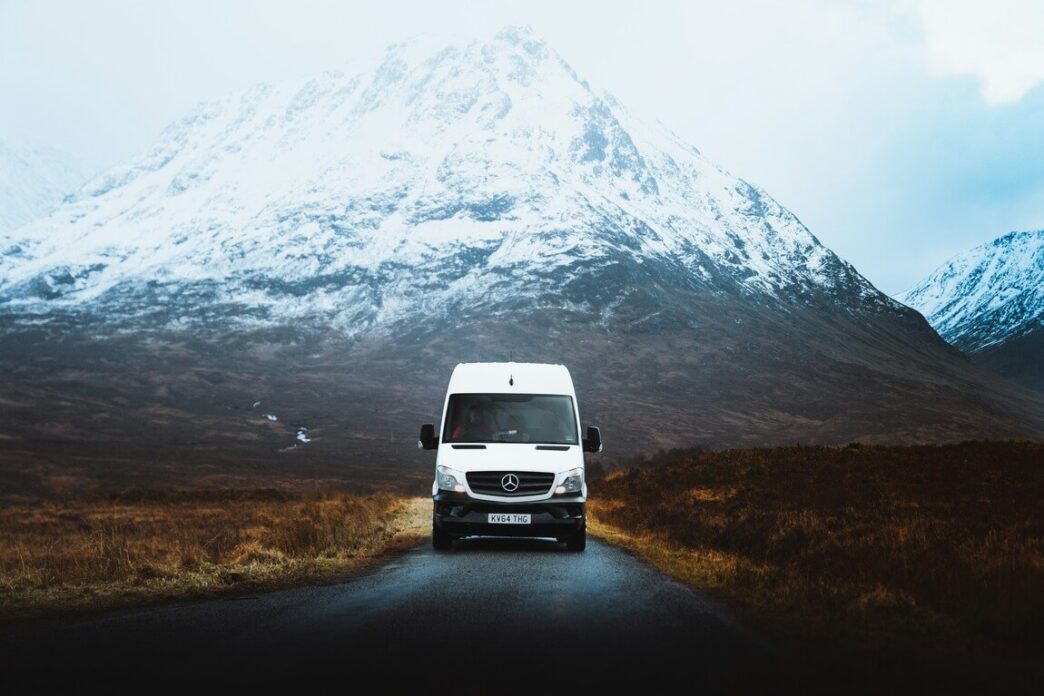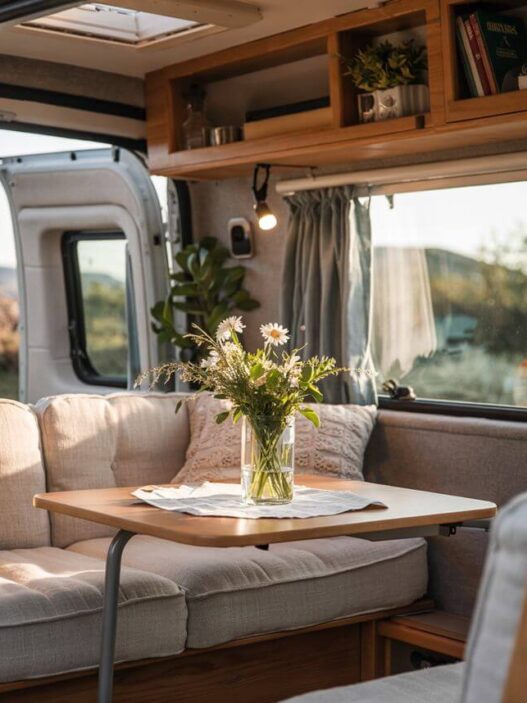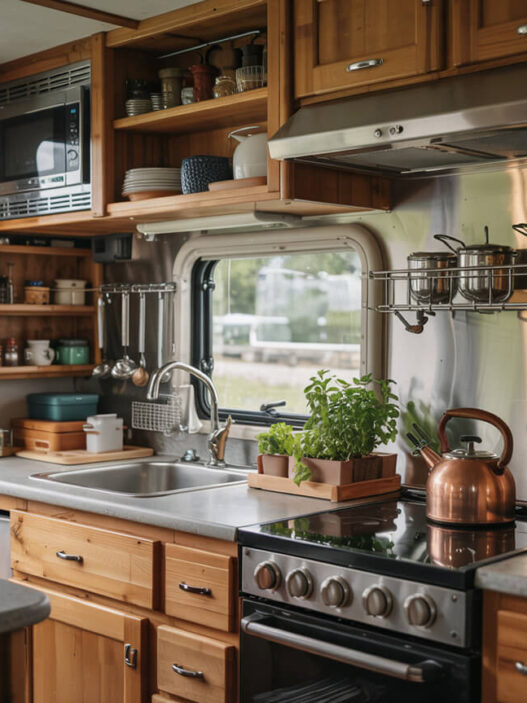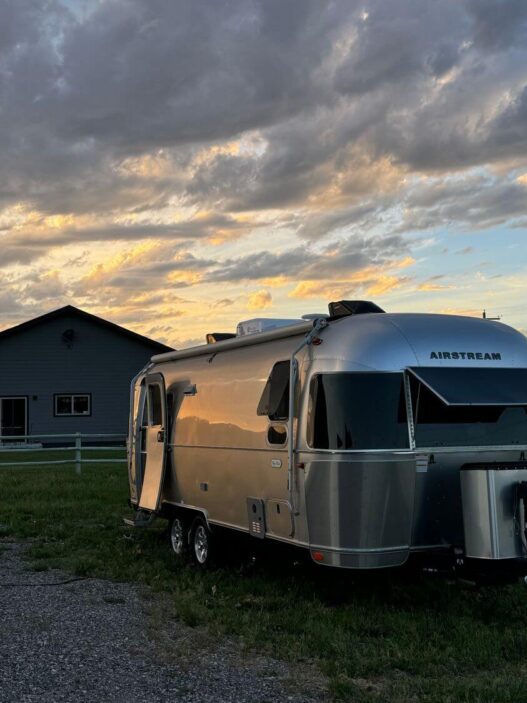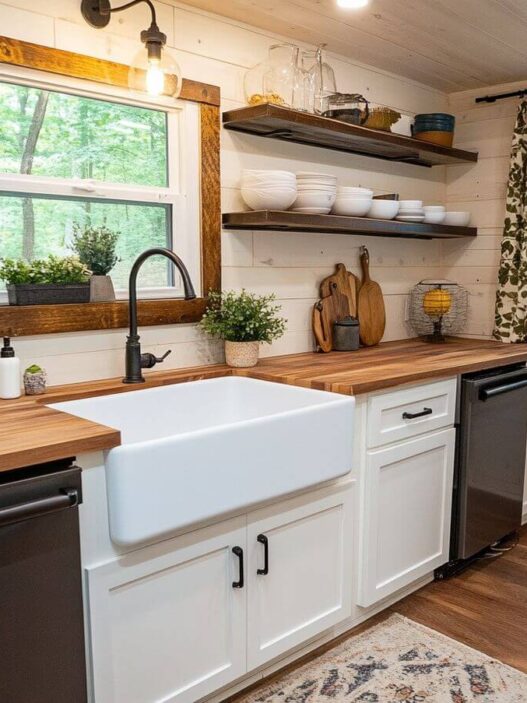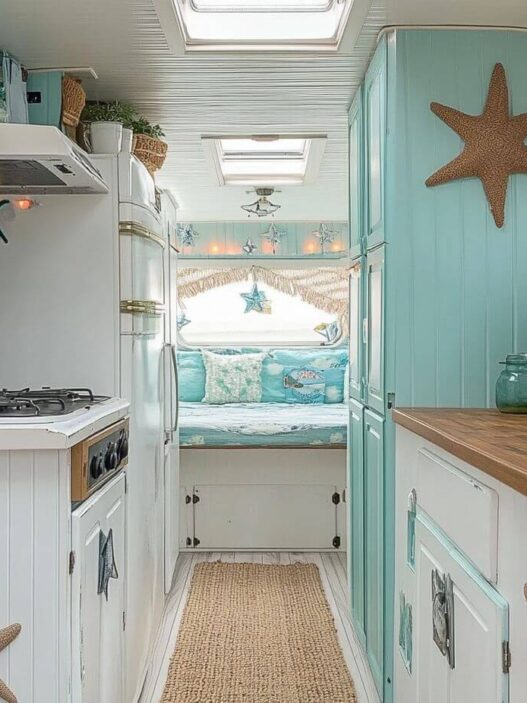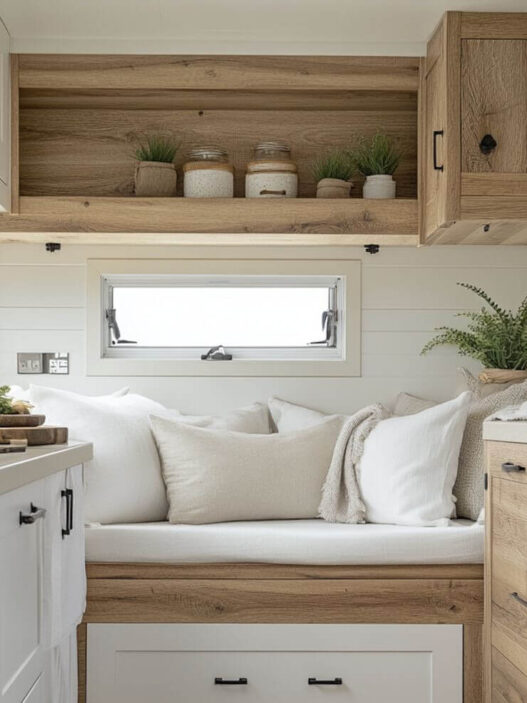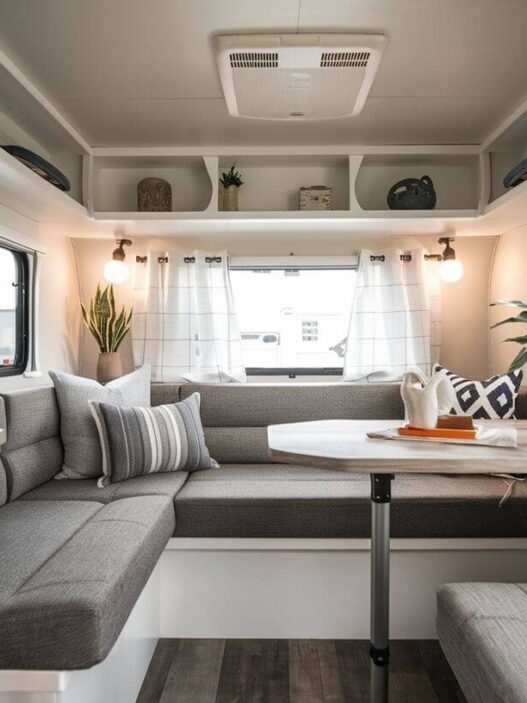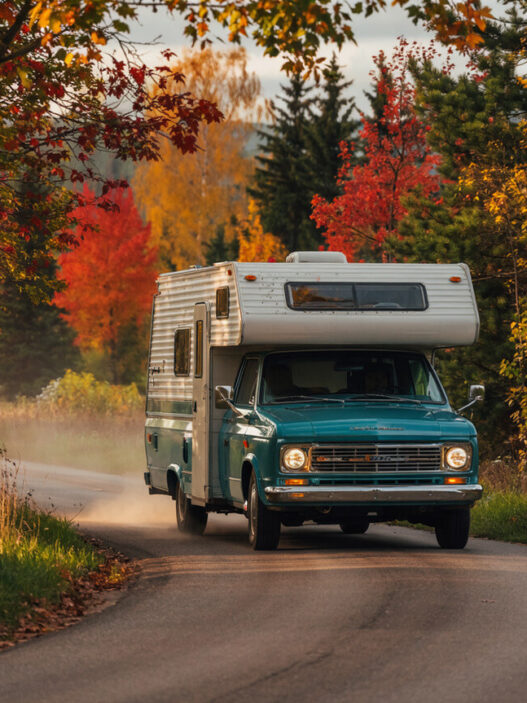Dreaming of van life is easy, but building that dream camper van is a whole different story. And interestingly enough, the same mistakes pop up again and again among first-time builders.
Let’s take a look at each of them so your van build can go smoothly from start to finish!
1. Thinking It’ll Be Quick and Cheap

Converting a camper van takes way more time, sweat, and cash than most people expect. What looks like a fun weekend project can quickly turn into months of work.
First-time builders almost always underestimate how long their conversion will take. What seems like it should only need a couple of weekends often stretches into several months of work. Rushing the process leads to mistakes and sloppy work you’ll have to live with or redo.
Budget-wise, expect to spend between $10,000 to $15,000 (or more) on materials, appliances, and electrical systems. Being realistic about these costs from day one will save you some major headaches later. Many builders find creative ways to cut costs with repurposed materials or used appliances, but it still adds up quickly.
2. Not Planning Your Layout First
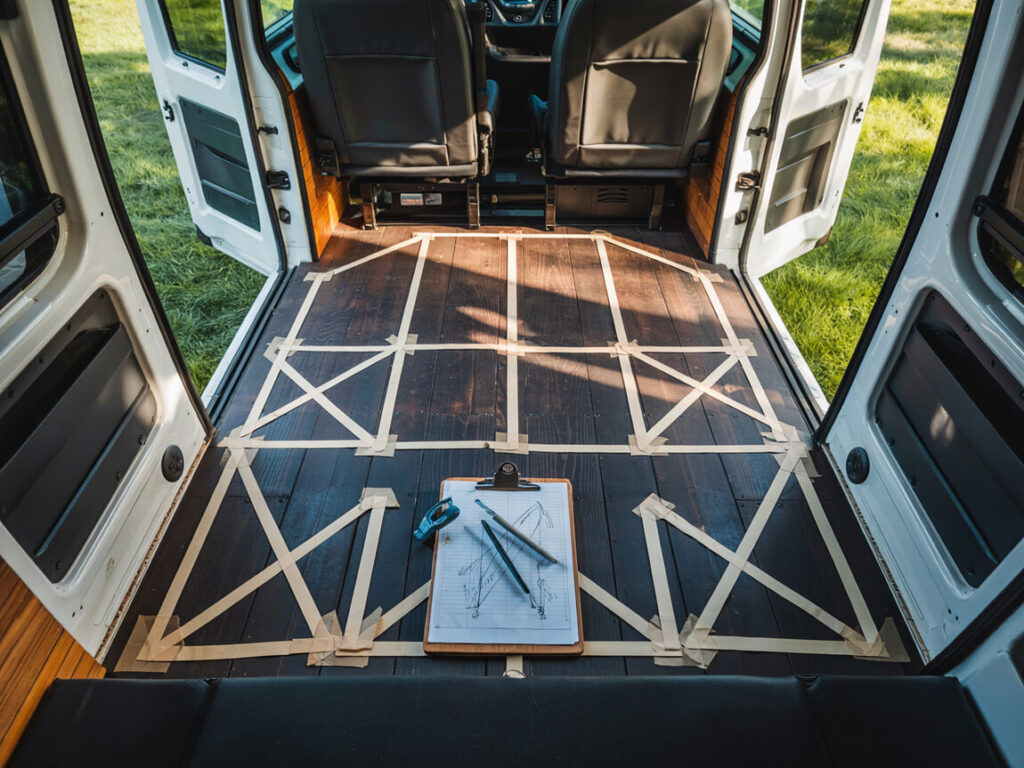
Get your floor plan sorted before you start drilling holes or mounting anything. Making changes on paper is much easier than ripping out finished work.
Sketch out your layout, then use tape or cardboard to mock it up inside your actual camper van. Live with the mockup for a day. Can you move around comfortably? Is the kitchen workable? Will your bed be long enough? How will you cook, sleep, work, and relax in the space?
This step is crucial before cutting any holes in your camper van for windows, vents, or electrical components. Once those holes are cut, you’re committed to working around them, which can severely limit your options later.
3. Getting Insulation Wrong
Poor insulation leads to sweaty summers, freezing winters, and moisture problems that can ruin your build. Many newbies miss crucial spots like the plastic side strips on Sprinter vans where water sneaks in.
Research your options thoroughly and make sure to seal every potential leak point. The right insulation setup makes the difference between comfort and misery on the road. Consider your typical travel climate when choosing insulation types and thickness.
Remember that proper ventilation works hand-in-hand with insulation to manage moisture. Without adequate airflow, even the best insulation can become a breeding ground for mold and mildew.
4. Ignoring Weight Limits
Your van has weight limits for a reason. Exceeding them isn’t just illegal, it’s dangerous and tough on your vehicle.
Know your van’s payload capacity from the start. Track everything you add and opt for lighter materials wherever possible. Your gas mileage, handling, and safety all depend on it.
It’s incredibly easy to exceed your weight limits without realizing it. Heavy items add up quickly: batteries, water tanks, appliances, tools, and even your flooring choice can significantly impact your total weight. Staying under weight limits also requires being strategic about water and supply storage since full tanks can add hundreds of pounds.
5. Skimping on Heating and Cooling

Nothing ruins camper van life faster than being too hot or too cold. Many builders regret not installing proper climate control systems.
Think about where you’ll travel. If you’ll face both summer heat and winter cold, invest in good ventilation fans and heating. Don’t skimp on vent fans since the better models allow use during rain and operate more quietly, which matters when they’re running right above your head all night.
Diesel heaters have become popular for their efficiency, while portable propane heaters work well for occasional use. Whatever you choose, make sure it’s properly sized for your space and includes appropriate safety features like carbon monoxide detectors.
6. Going with a Convertible Bed
Those cool videos showing a dinette transforming into a bed in 60 seconds are pretty misleading. In real life, it’s a daily hassle that many van dwellers quickly grow to hate.
Ask yourself honestly if you’ll really want to transform your living space twice every day. Where will bedding go during the day? Do you want to move everything around just to go to sleep? Many experienced van lifers recommend a permanent bed setup with storage underneath instead.
Fixed beds also allow you to use the “garage” space underneath more efficiently for gear storage. If you need a workspace, consider a dedicated fold-down table or desk area rather than a convertible bed setup.
7. Cutting Corners on Electrical
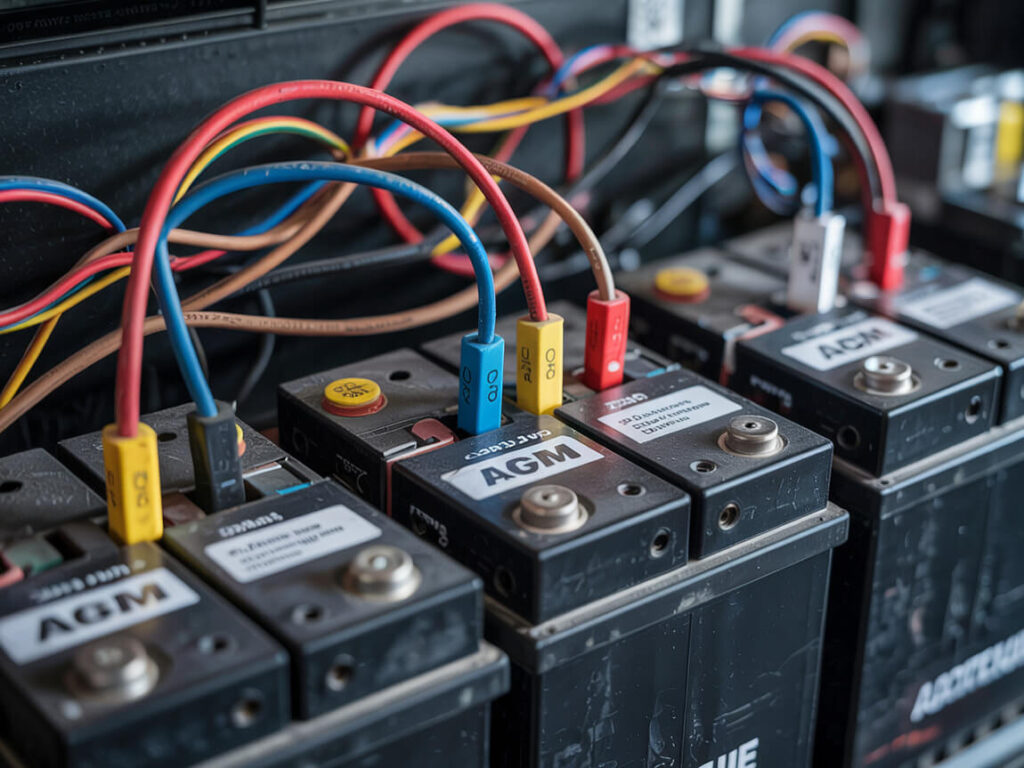
Skimping on your electrical system is almost always a regret. Inadequate power means constant limitations on what you can use and when.
Plan your electrical needs generously, including some room for growth. Spending more upfront on quality components often saves money in the long run. This is especially true for power-hungry appliances like induction cooktops, which can quickly drain cheaper battery setups.
While AGM batteries cost less initially, lithium batteries offer better performance, longer lifespan, and greater usable capacity. Many builders who start with AGM end up upgrading to lithium later, essentially paying twice for their electrical system.
8. Making Plumbing Too Complicated
Water leaks inside your tiny home are a nightmare. Many camper van builders create overly complex plumbing systems that are prone to failure.
Keep your water system straightforward. Install it early in your build so you’re not trying to squeeze pipes into tight spaces later. Use quality fittings and make sure everything is accessible for future repairs.
Common plumbing mistakes include using too many connections, creating tight angles that stress joints, and hiding components behind finished walls where they can’t be accessed for maintenance. Plan your system on paper first, focusing on simplicity and accessibility.
9. Not Having the Right Tools and Space
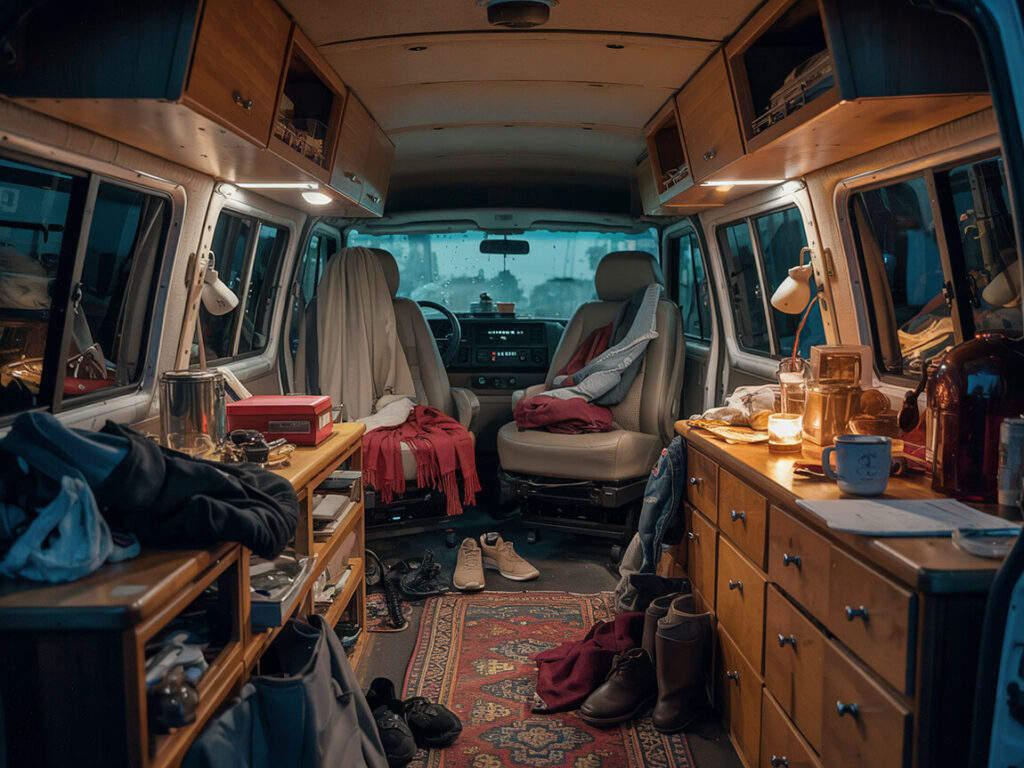
Building without proper tools or enough workspace turns a challenging project into a nearly impossible one.
Before starting, make sure you have access to a suitable workspace and the tools you’ll need. Borrowing or renting equipment can help keep costs down if buying isn’t an option.
You’ll need space for cutting and painting materials, and ideally a flat surface to work on. Essential tools typically include a good drill, jigsaw, circular saw, measuring tools, and various hand tools. Having these from the start will make your build go much more smoothly.
10. Messing Up Window Installation
Poorly installed windows leak, rattle, and can even fall out while driving. Water infiltration around windows can cause serious damage to your insulation and interior.
If you’re not confident in your window installation skills, this is one area worth hiring professionals. But be selective about who you trust. Ask for references and examples of their previous van conversion work to avoid paying for shoddy work.
Proper installation includes thoroughly cleaning surfaces, applying the right adhesives, using appropriate primers, and allowing adequate curing time. Cutting corners on any of these steps can lead to major problems down the road.
11. Forgetting About Your Travel Climate
Your van needs to be comfortable wherever you plan to take it. Many builders create beautiful conversions that are unusable in certain seasons or regions.
Build for the conditions you’ll actually encounter. If you’re chasing winter sports, robust heating is essential. If you’ll be in hot climates, prioritize ventilation and maybe even air conditioning.
Consider your water system too. Will you need to protect pipes from freezing? Will you need extra water capacity for dry camping in hot weather? These climate considerations should influence numerous aspects of your design.
12. Ignoring Mechanical Issues
Some folks get so excited about building their dream interior that they neglect the actual vehicle, only to face costly repairs down the road.
Make sure your camper van is mechanically sound before investing thousands in a conversion. Address any existing issues first so you don’t end up with a beautiful home on wheels that can’t reliably get you anywhere.
Get a thorough inspection and address all maintenance items before starting your build. This includes checking brakes, suspension, transmission, engine condition, and all fluids. Addressing these issues first ensures your van will actually take you on the adventures you’re planning.
13. Skipping the Fridge
Living without refrigeration quickly becomes a daily inconvenience that many van dwellers deeply regret.
Consider a proper 12V fridge as an essential component rather than a luxury. The food storage capabilities and cold drink availability make daily life so much more comfortable.
A good quality 12V compressor fridge uses remarkably little power compared to cheaper alternatives. Having fresh food available means cooking in your van becomes more enjoyable and practical, saving you money on eating out and improving your quality of life on the road.
14. Choosing the Wrong-Sized Van
Size matters tremendously in van life. Too long means parking headaches, too short means living cramped.
Think carefully about how you’ll use your camper van and where you’ll take it. A medium wheelbase offers many people the best balance between living space and practical drivability. Be honest about your spatial needs and driving comfort.
Consider your travel style too. If you’ll spend most of your time in cities or crowded areas, a more compact van might make more sense. If you’ll boondock in remote locations, a larger vehicle might be worth the occasional parking challenge.
15. Having No Storage Plan
Nothing makes a small space feel smaller than clutter and disorganization. Without smart storage, van life quickly becomes chaotic.
Plan dedicated spaces for everything you’ll bring. Use containers, dividers, and clever solutions to maximize every inch. Your future self will thank you when you can find what you need without emptying half your cabinets.
Think about what you use daily versus occasionally, and organize accordingly. Frequently used items should be easily accessible, while seasonal gear can be stored in harder-to-reach spaces. Building in dedicated storage for specific items from the beginning will make your van life experience much more enjoyable.



